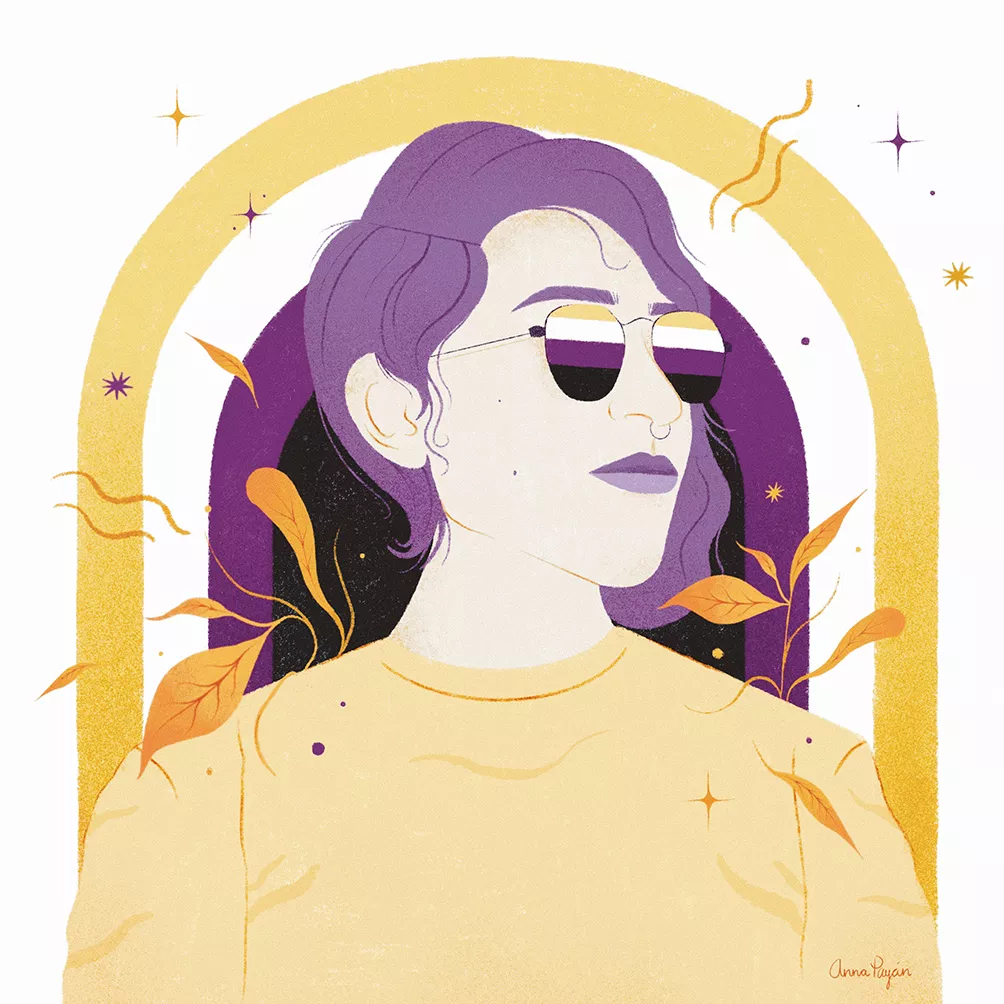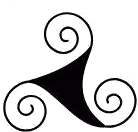
Published in Spanish in El Topo nº 60.
Your body is yours
at the end of the day
And don’t let the hateful try and take it away
We want to be free, yeah,
we go our own way
And my body was made, oh
In January, the High Court of Justice of Andalusia (TSJA) passed a pioneering ruling for non-binary people in the Spanish state: the National Police has to register a non-binary person - me, the author - as such in the Central Registry of Foreigners, as it says so in the identity card of my country of origin. The TSJA also says that this should be “fully assumable” for the administration, i.e. no big deal.
Since the notification of the judgment in February, my lawyer Olga Burgos and I waited impatiently for the judgment to become final. Two months later, we were certain of the finality of the sentence and started to make it public. The media echo surprised us. What followed was unexpected and we were on almost all the news.
The TSJA ruling and the media echo gave unprecedented visibility to non-binary people and, thus, opened a window of political opportunity for the struggle for our recognition. And this a few months after the approval of the new trans law, which had left us out.
An open political window of opportunity, media echo, what better than launching a powerful campaign, mobilizing the non-binary community, to demand in the registries our registration with a non-binary gender using this trans law that has excluded us? This is what almost all the manuals of social change say. But there is a problem: this community that could be mobilized does not exist.
The non-binary reality: we don't fit in anywhere
I don’t want to know
what they’re saying about me
I don’t want to show
that it devastates me
Non-binary people move in no man's land. We have no meeting spaces, no collectives of our own (there is no such thing as a non-binary community). Last year, from Disidencias del Sur we organized a workshop about our identities. Almost all the non-binary people said they had been very lonely in their process. Of course, where can you go, who can you talk to?
Perhaps the first problem we encounter is the invalidation of our identity. “What you are doesn't exist, you are confused, you have to be a man or a woman.” In trans spaces we are not trans enough. In LGTBI+ spaces (they almost never put the Q or the A, and not by accident) we are not understood either, let alone able to meet other non-binary people. We are in no person's land, we have no community of our own where we can find support, where we can take care of each other, support each other.
This screws up our mental health. We question ourselves, we hide, we practice cis-passing, we stop going out, we stop doing things because everything causes us anxiety, apart from practical problems: where do I go to the bathroom, where do I change at the gym or the swimming pool? You, who are reading this article, can you imagine how we feel when so many times a day we are treated with the wrong gender, when in whatever procedure you can't mark who you are and you are treated neither with your name nor with your gender? At the Health Center, at your job, at school, at the university... And let's not even talk about the strange looks...
The first challenge: building community
So many questions get asked
So many times when
I don’t have the energy
I’d like to correct and react
What if I’m not a part
of the see and be seen?
Neither nor, both and me,
in between, in between
We are fighting between
a rock and why bother
You are floating between two ends that don’t matter
Our first challenge as non-binary people is to build our community. I know very well what Lauren Denitzio of Worriers talks about in her song: “so many times I don't have the energy I would like to correct and react”. We need our spaces where this is not necessary, to feel, at least once, safe, to be able to relax, to let our guard down. To be able to talk about what we need. Or, simply, to have fun without worrying.
We also need our own spaces to talk about what we want on a social and political level. Legal recognition of our identities is only one part of a much broader political, social and educational agenda.
Breaking the gender binary, opening cracks in patriarchy
Our existence is a challenge to traditional feminism. It requires rethinking gender politics from a queer, non-binary perspective. Who is the subject of feminism? Women? Or all identities that fall outside cis-allosexual-heteropatriarchal norms?
With our existence we break one of the bases of patriarchy: the division into two genders, based on the sex assigned at birth. That we are more and more is a reason for hope: the patriarchal cage is losing its grip. We still have a long way to go. For this road we need our own community, our own movement, and from that strength we will be able to build alliances. We will widen the cracks and open gaps for a world without patriarchy.
. . . . . . . . . . . . . . . . . . . . . . . . . . . . . . . . .
Songs
1, Ezra Furman: «Body Was Made». Perpetual Motion People, 2015.
2, Ezra Furman: «Trans Mantra». Sex Education: Songs from Season 3, 2021.
3, Worriers: «They, Them, Theirs». Imaginary Life, 2015
- Log in to post comments
